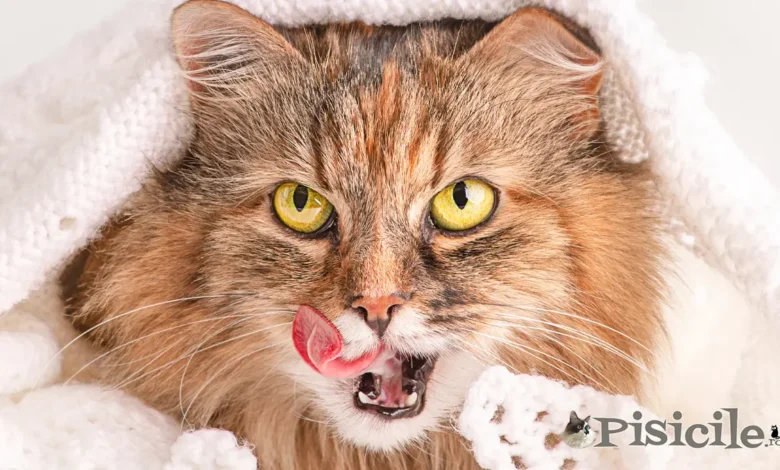
Why hypersalivation occurs in cats and what health problems these symptoms can hide are natural questions if you have a cat in the house and it starts to salivate excessively.
If in the case of dogs it is normal for them to have saliva in their mouth (balls), in the case of cats things are completely different. Hypersalivation in cats is a sign of concern, and the owner must immediately identify the cause.
Salivation is normal in cats when they smell the strong smell of a food that is adored by them. It is drooling with lust, but this is mostly discreet.
Cats also hypersalivate when they are stressed or scared. In the confrontations between the Motans it happens quite often that they have balls in their mouths while they are tense.
Medicines or bitter-tasting substances cause hypersalivation, and the fish will have saliva in the mouth. This is the body's ferocious reaction of rejecting the substance with which it has come into contact.
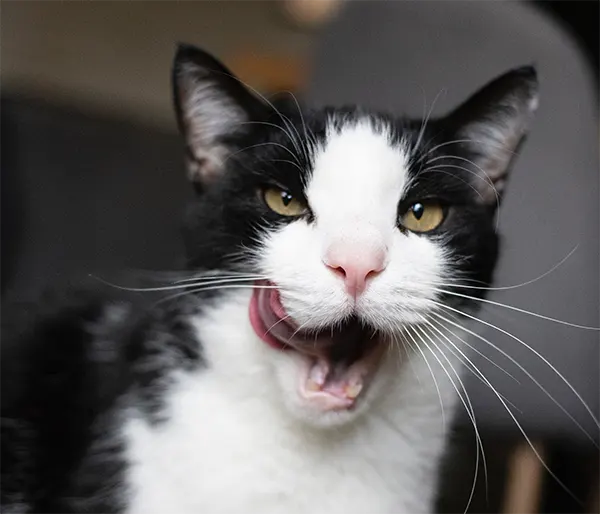
The above causes are not cause for concern for cat owners. However, there are cases of hypersalivation in cats, which can indicate serious health problems, and the attention of a specialist veterinarian is absolutely necessary.
Subject
Hypersalivation in cats - Reasons for concern
Excessive salivation in cats can have several causes, and among those that should worry us and raise questions, I will start with a problem encountered in one of our cats. Hypersalivation occurred against the background of physical stress and pain.
Excessive salivation can be a sign of pain and/or trauma in cats.
We have a cat whose general condition suddenly deteriorated, and the first sign that something was wrong was excessive drooling. This was accompanied by restlessness and a facial expression that also indicated something was wrong.
After a visit to the vet, it was found that the cat could not urinate due to an obstruction in the urinary tract. After the doctor's intervention and appropriate treatment, the cat calmed down and the hypersalivation disappeared.
Therefore, when the cat is drooling excessively, it is necessary to carefully observe its behavior and pay attention to any changes. These can provide quick clues as to the cause of the problem.
This is just one example of hypersalivation in cats caused by pain or trauma. Pain caused generally by disorders of the urinary and digestive systems is extremely difficult to bear.
Injuries and diseases of the oral cavity can also cause excessive drooling. Mouth ulcers, gum disease, injuries and infections of the oral cavity are accompanied by extreme pain that can cause hypersalivation.
Nausea can be a cause of hypersalivation
Like humans, nausea in cats is often accompanied by vomiting. Before the episode of vomiting or regurgitation, the cat may exhibit excessive salivation. It can be observed that during this time the cat starts to slap and have bales in the mouth.
Nausea is an indicator of possible problems with the cat's digestive system. A cat will not have hypersalivation prior to shedding the hairballs through vomiting.
Interaction with toxins can cause hypersalivation in cats.
When the cat licks, chews or swallows a toxic substance, excessive salivation occurs in 99% of cases. Poisonous plants (most), detergents, toxic foods, chemicals used to neutralize fleas, cockroaches, ticks, or other toxic substances will cause the cat to drool.
In this situation, if the episode of excessive drooling does not disappear in a few minutes or if you notice that the cat's condition is deteriorating, take it to the veterinary office urgently.
In conclusion, if you have a cat that is drooling excessively and has mucus in its mouth, and the cause is not obvious, it is necessary to take it to a veterinary office urgently. Following a thorough consultation and blood and urine tests, the veterinarian will determine the exact cause of hypersalivation.
Hypersalivation in cats can be caused by several health problems, and identifying the cause is important. Here are some possible causes of hypersalivation in cats:
Dental problems: Gum infections or conditions, chipped or pierced teeth can cause pain and inflammation in the cat's oral cavity, leading to hypersalivation.
Gastrointestinal diseases: Conditions of the stomach or intestines, such as inflammation, gastroesophageal reflux or obstruction, can stimulate excessive saliva production.
INTOXICATIONS: Ingestion of substances toxic to cats can cause hypersalivation as part of the body's response to the ingested substance.
Allergies or irritations: Allergic reactions to foods, chemicals, plants or other irritants can cause hypersalivation in cats.
Infectious diseases: Some infectious conditions, such as feline viral rhinotracheitis or other infections of the oral cavity, can cause hypersalivation.
Neurological diseases: Certain neurological conditions can affect the control of salivation, leading to excessive saliva production.
Lesions or obstructions in the mouth or esophagus: The presence of foreign bodies, ulcers or tumors in the mouth or esophagus can trigger hypersalivation.
It is important to consult a veterinarian to diagnose the cause of hypersalivation in your cat and determine the appropriate treatment. Only your veterinarian can identify the underlying problem and recommend a specific treatment plan for your cat.
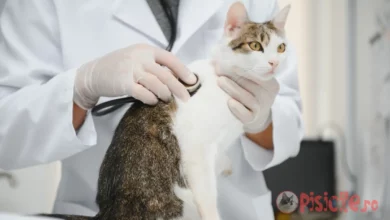
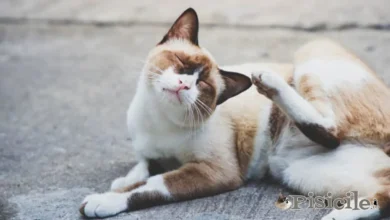
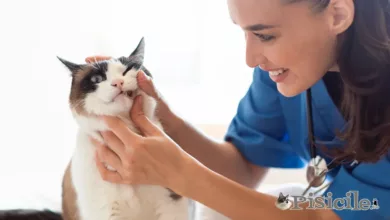
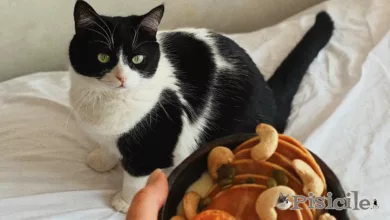
question is no spa good for cats and how much is given!? what should my cat eat if he has problems with his intestines and has cramps, what grains do you recommend?!
For a mature cat of around 5kg, the recommendation was 1/3 – 1/4 of a pill, but best… the vet.
Gastro Intestinal and Digestive.